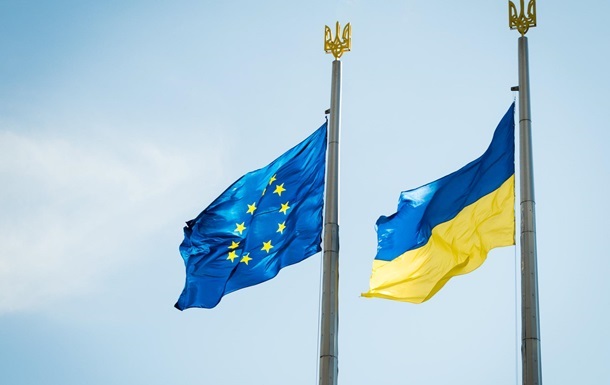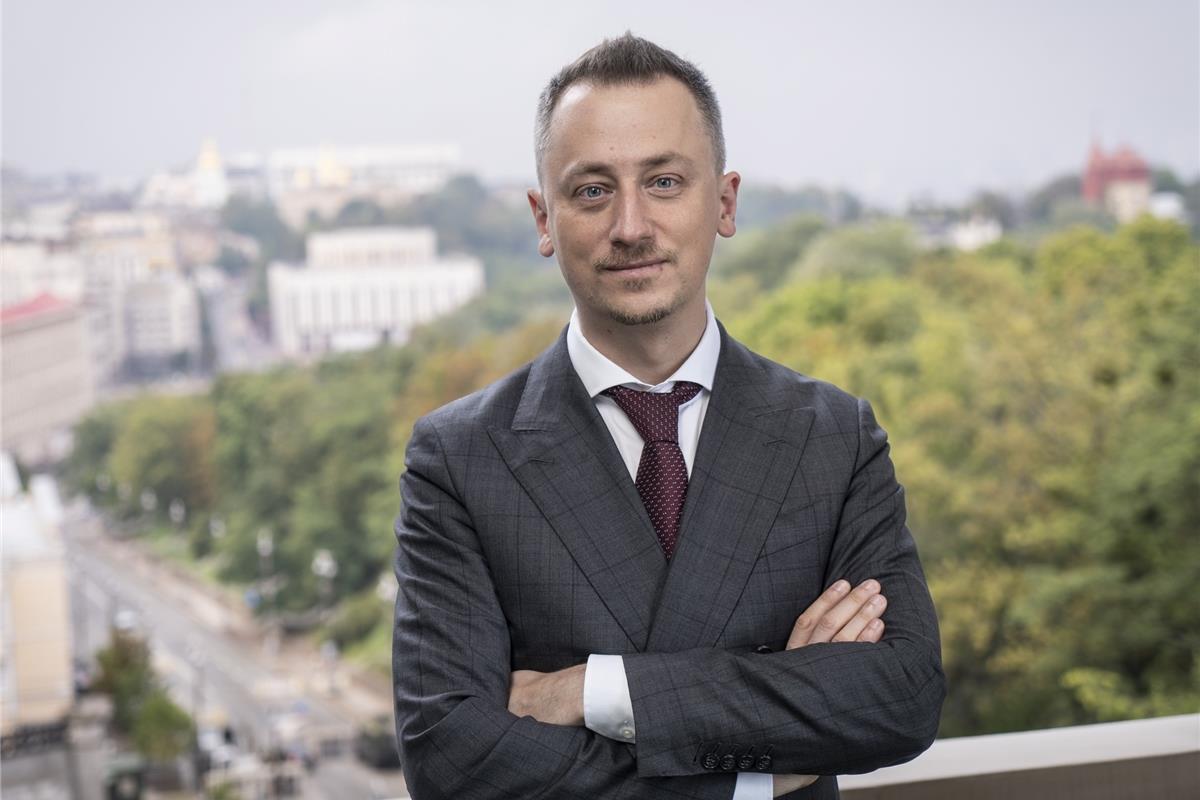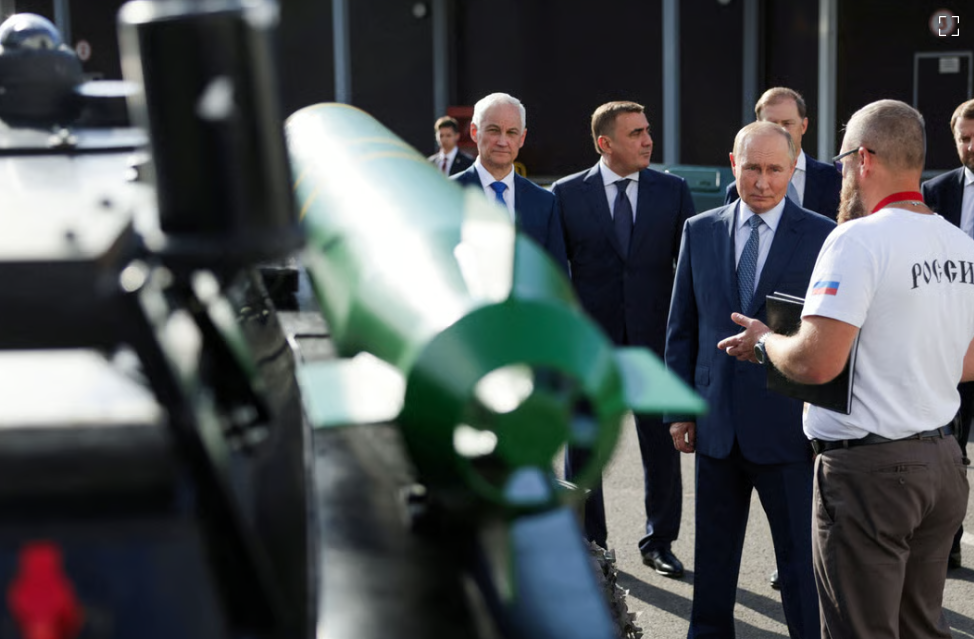Business is the driving force of Ukraine’s European future – this was the key conclusion of the High-Level Dialogue “Ukraine’s Economy on the Path to the EU,” held on October 1 in Kyiv. The event brought together senior representatives from the Government and Parliament of Ukraine, the European Union and EU member states, as well as leaders of Ukrainian business, academic, and expert communities. The event was organized by the Office of the Vice Prime Minister for European and Euro-Atlantic Integration of Ukraine in cooperation with the Ukraine2EU program.
Speakers included Taras Kachka, Vice Prime Minister for European and Euro-Atlantic Integration of Ukraine; Marta Kos, European Commissioner for Enlargement; Marie Bjerre, Minister for European Affairs of Denmark; and Oleksandr Kornienko, First Deputy Speaker of the Verkhovna Rada of Ukraine. They emphasized the central role of the Ukrainian economy and the involvement of the private sector in advancing Ukraine’s EU accession process.
As Ukraine adapts its institutional, legal, and economic systems to the Copenhagen criteria, the Government is implementing policies to support and engage business, helping companies adapt, strengthen resilience, and prepare for European integration.
The Vice Prime Minister announced that the event marked the beginning of a series of regional and sectoral dialogues with the business community to deepen constructive engagement in the European integration process:
“This meeting launches a systematic and structured dialogue with Ukrainian business. In the coming months, we will hold sectoral and regional roundtables in metallurgy, agriculture, transport, energy, chemical industry, and pharmaceuticals, and we will look for new forms of engagement. We need your ideas, expertise, and strategies so that reforms in Ukraine align with business interests,” said Taras Kachka.
For companies, participating in these dialogues will provide a real opportunity to influence policy-making and ensure that reforms not only meet EU requirements but also enhance competitiveness and open new opportunities.
Marta Kos highlighted the historic nature of Ukraine’s European path, stressing that it is not only a technical process but a deep transformation of the state and economy, despite Hungary blocking the opening of negotiation clusters for Ukraine:
“Ukraine’s path to EU membership is a major political and societal transformation. The rule of law and strong democratic institutions are central to this process. They guarantee citizens’ rights, create a business environment that attracts investment, and ensure that reconstruction is carried out in the interests of society. This provides confidence that Ukraine’s future is firmly linked to the European family,” said Marta Kos.
From the perspective of Denmark, holding the EU Council presidency, Marie Bjerre emphasized that keeping enlargement at the center of the political agenda remains a strategic priority:
“Ukraine’s determination to implement reforms sends a powerful signal not only politically but also economically. For Denmark, currently holding the EU Council presidency, both enlargement and EU competitiveness are key priorities. Every step Ukraine takes toward EU standards strengthens investor confidence and prepares the country for entry into the Single Market. When the moment comes, Ukraine’s membership will be based on a solid foundation of economic readiness and shared competitiveness, promoting growth for both Ukraine and Europe as a whole,” said Marie Bjerre.
Oleksandr Kornienko, First Deputy Speaker of the Verkhovna Rada of Ukraine, stressed the importance of sustained dialogue:
“Dialogue is an exchange of ideas. In the fourth active year of the European integration track, we have much to discuss, including what EU membership should mean for us – for the Ukrainian people as well as for all sectors, including business and the economy. Such dialogues should extend beyond offices and the capital, into communities, enterprises, and production sites with people involved.”
The discussion also highlighted Ukraine’s progress in meeting the Copenhagen economic criteria and its significance for business. Ingа Stanite-Tolochkene, Ambassador Extraordinary and Plenipotentiary of the Republic of Lithuania to Ukraine, shared her country’s experience and emphasized that stronger institutions, reinforced by comprehensive European integration reforms, create a level playing field for all business participants.
Business representatives noted that clear legal guidelines, financial resources, and access to knowledge are essential, especially in preparing to enter the EU Single Market. They emphasized that the business community is ready to provide practical expertise and feedback to ensure effective implementation of reforms and create conditions for companies to adapt, grow, and successfully compete in the EU Single Market.
Reference:
The High-Level Dialogue was organized by the Office of the Vice Prime Minister for European and Euro-Atlantic Integration of Ukraine in cooperation with the Ukraine2EU program (Support Program for Ukraine’s Integration into the EU), in partnership with the Reform Office of the Cabinet of Ministers of Ukraine and the Kyiv School of Economics.
Ukraine2EU is the EU flagship initiative, funded by the European Union, Denmark, Lithuania, and Sweden. The program aims to support Ukraine’s EU accession process by providing strategic recommendations and expert assistance to national authorities in implementing reforms.





















